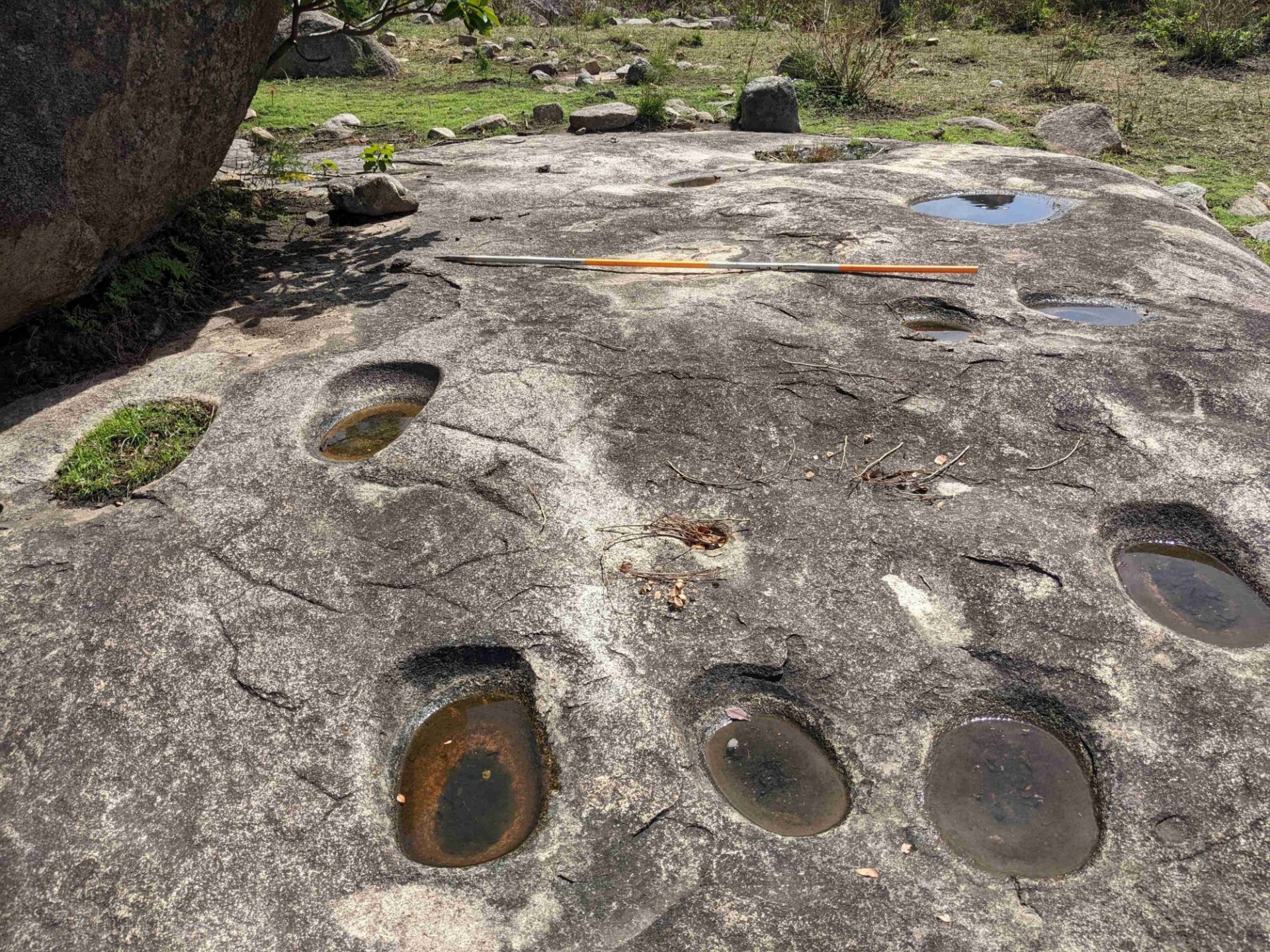Climate fluctuations and cultural change in Central Nigeria
Understanding the intricate relationship between humans, plants, and the environment across different eras is paramount for comprehending the influence of climate and environmental shifts on cultural advancements. Furthermore, it is crucial to investigate the interplay between climate, human agency, and its impact on cultural practices, food production, technology adoption, and dietary choices. This study aims to investigate food production and plant domestication by exploring these dynamics in the Dutsen Kura hill of the Jos Plateau in Central Nigeria during the Holocene epoch. It will investigate past dietary and food production techniques by analyzing paleoclimatic circumstances that affected plant consumption. Findings will contribute to understanding human resilience and adaptive strategies, which evolved in response to fluctuating climatic conditions during the mid-late Holocene period in this geographical region. Preliminary studies indicate early human habitation and a cultural shift at Dutsen Kura hill. Significantly, the ramifications of this study extend to contemporary food security concerns in Nigeria and West Africa.
This research employs a multidisciplinary approach, including archaeological surveys, oral histories, interviews, GIS analysis, macro and micro botanical analysis, and ethnobotanical studies. It received support from the Mercatus Center Emergent Ventures Award, Pennsylvania State University's Africana Research Centre (ARC), College of Liberal Arts Sustainability Focused Engagement Award for Students (SEAS), Department of Anthropology's Hill Fellowship Graduate Training Award, and Centre for Humanities and Information Digital Humanities Grants.
Image Carousel with 5 slides
A carousel is a rotating set of images. Use the previous and next buttons to change the displayed slide
-
Slide 1: Hollows at Dutsen Kura Hill
-
Slide 2: Chiamaka processing charcoal samples for radiocarbon dating
-
Slide 3: Excavating at Dutsen Kura Hill
-
Slide 4: Survey and Excavation at Dutsen Kura Hill
-
Slide 5: Collecting oral history interviews with elder community members



